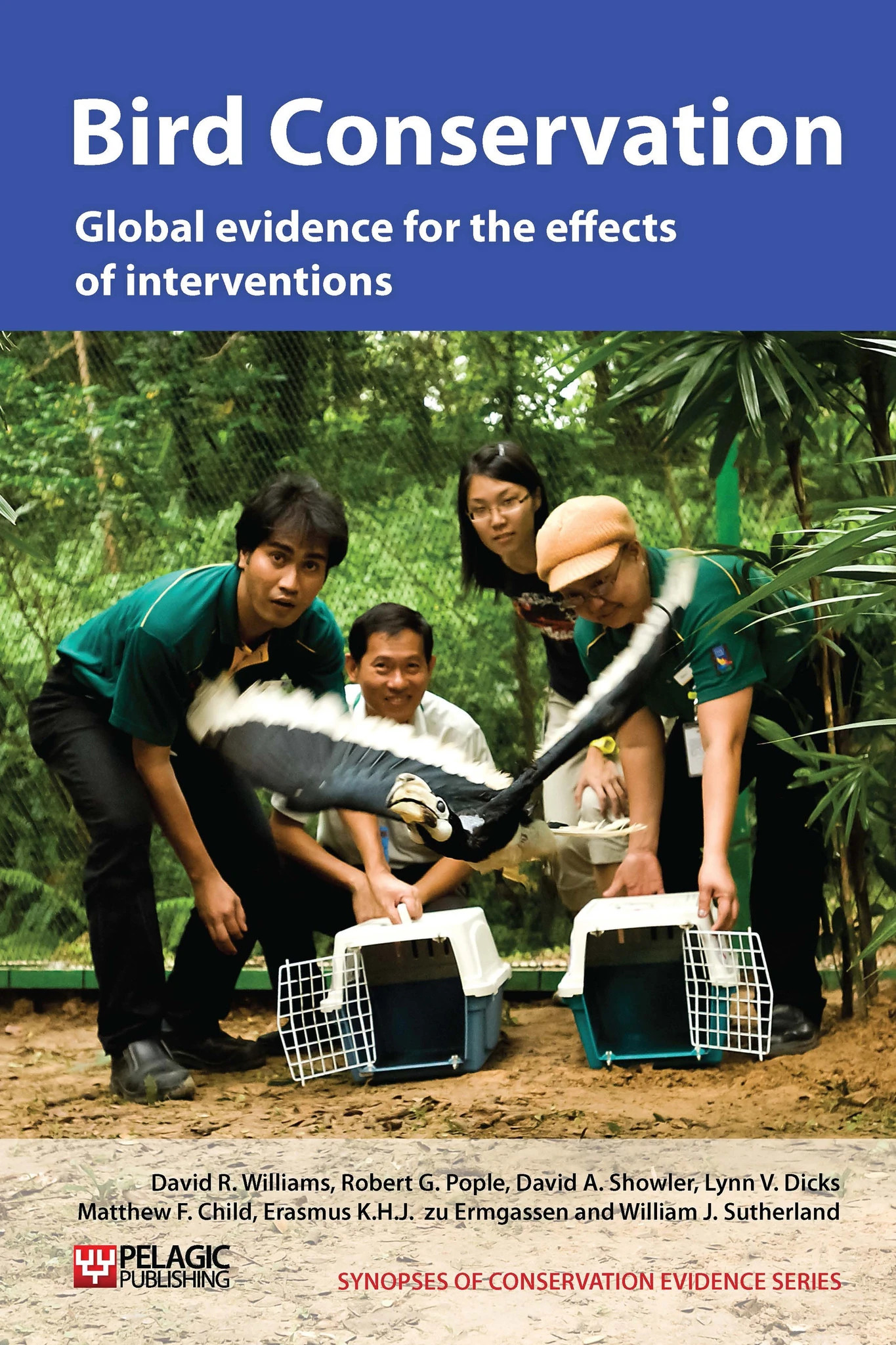Provide supplementary food for petrels to increase reproductive success
-
Overall effectiveness category Unknown effectiveness (limited evidence)
-
Number of studies: 1
View assessment score
Hide assessment score
How is the evidence assessed?
-
Effectiveness
19% -
Certainty
14% -
Harms
0%
Study locations
Supporting evidence from individual studies
A replicated, controlled study on Cabbage Tree Island, New South Wales, Australia, in 1995 (Priddel & Carlile 2001), found that the fledging rate of 30 Gould’s petrel Pterodroma leucoptera chicks provided with supplementary food was identical to that of control (unmoved, parent-fed) birds and not significantly different from translocated and hand-reared chicks (29/30 fed chicks fledged vs. 30/30 translocated chicks and 29/30 controls). Fed chicks were also heavier than both translocated and control chicks. Approximately 25 g of supplementary food was provided every three days, in addition to parent-provided food, starting at approximately three months old and continued until fledging. This study is also discussed in ‘Provide artificial nesting sites’, ‘Translocate individuals’ and ‘Artificially incubate and hand-rear birds in captivity’.
Study and other actions tested
Where has this evidence come from?
List of journals searched by synopsis
All the journals searched for all synopses
This Action forms part of the Action Synopsis:
Bird Conservation
Bird Conservation - Published 2013
Bird Synopsis





)_2023.JPG)














